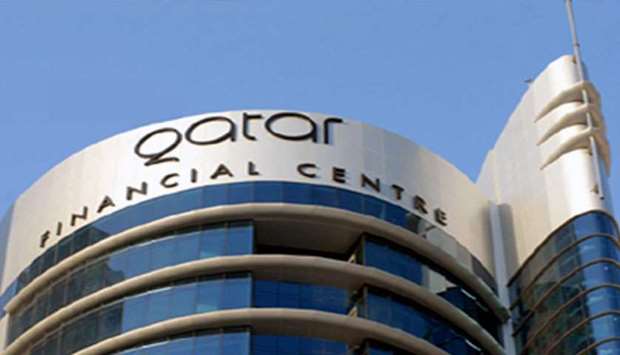Energy rich Qatar should have a robust master plan for capital market with top priority accorded to long-term debt, as large corporates in the energy, transport and logistics sectors make ideal candidates for longer gestation papers, said a joint report from the Qatar Financial Centre (QFC) and Refinitiv.
"The long-term growth of Qatar’s domestic debt capital market should be a top priority in the master plan with a focus on driving corporate bond and sukuk issuance," the report said.
This comes as part of its suggestion to establish a joint comprehensive master plan dedicated to capital markets by financial sector regulators in order to further underline the sovereign commitment to establishing Qatar as a world-class investment hub and financial centre.
The Qatari government remains the most active issuers in the domestic debt market, typically with maturities of 3, 5, 7 and 10 years, and it has announced its intention to maintain a benchmark yield curve that would facilitate better pricing of local corporate issuances.
With a sovereign benchmark yield curve in place, the report said, regulators must focus on eliminating bottlenecks in the issuance and the listing processes and consider the introduction of cost-saving incentives to attract corporate issuers.
The Qatari government issued a $10bn international bond in April 2020, the first Gulf sovereign to issue debt following a plunge in oil prices brought on by the pandemic, which raised borrowing costs for the governments of oil-producing countries.
Bond and sukuk issuance in Qatar totalled $28bn in 2019, showing a compounded annual growth rate (CAGR) of 28% since 2015. Growth in 2019 was largely driven by conventional bonds, which made up 83% of total issuance, and particularly sovereign bonds, which included the successful issue of a $12bn international jumbo bond in March 2019.
Sukuk issuance grew by a moderate CAGR of 6% from 2015, despite continued issuance from both government and corporates.
To spur investor interest, the Qatari government and regulators should identify a "niche" segment of the market that would give the country a competitive advantage over its regional counterparts.
"Taking into consideration current trends in financial markets, sustainable investment points the way forward and it is recommended as the specialised area that could place Qatar ahead of the curve," the report said.
Highlighting that Qatar-based corporates are yet to be persuaded to tap the local bond markets in favour of more accessible and cheaper bank financing; the report said these corporates may be attracted by easing capital issuance regulations.
"Large corporates in the energy, transport and logistics sectors make ideal candidates for issuing bonds and sukuk since they require substantial financing for working capital over a long-term horizon," it said, adding issuing debt instruments would help diversify the firms' funding base and it is also less restrictive than bank financing.
It also said post Covid-19; the economic pressure on some industries would force them into consolidation in the coming years.
"The strong global investor demand for Qatari debt, coupled with near-zero interest rates, against a backdrop of accommodative bond markets present Qatari corporates with an opportunity to raise cheap dollar-denominated debt to fund merger and acquisition transactions as part of the anticipated consolidation wave across certain industries," it said.


